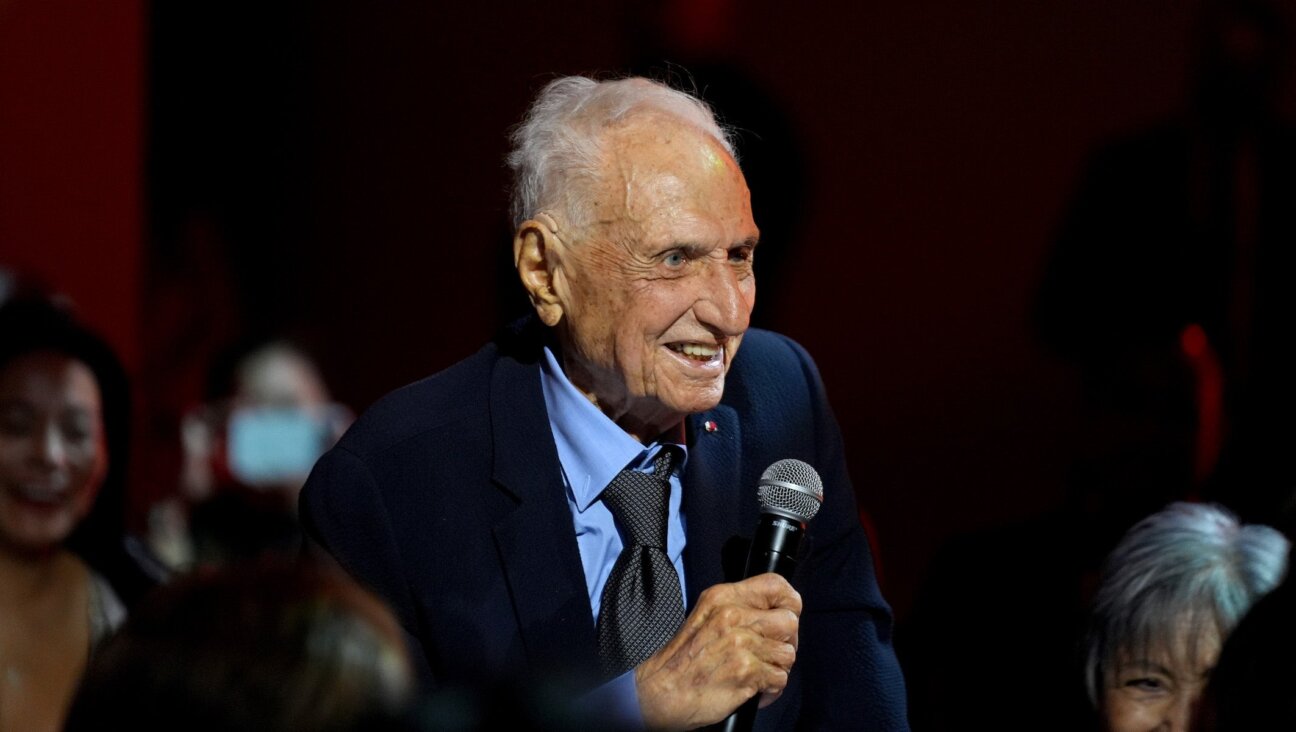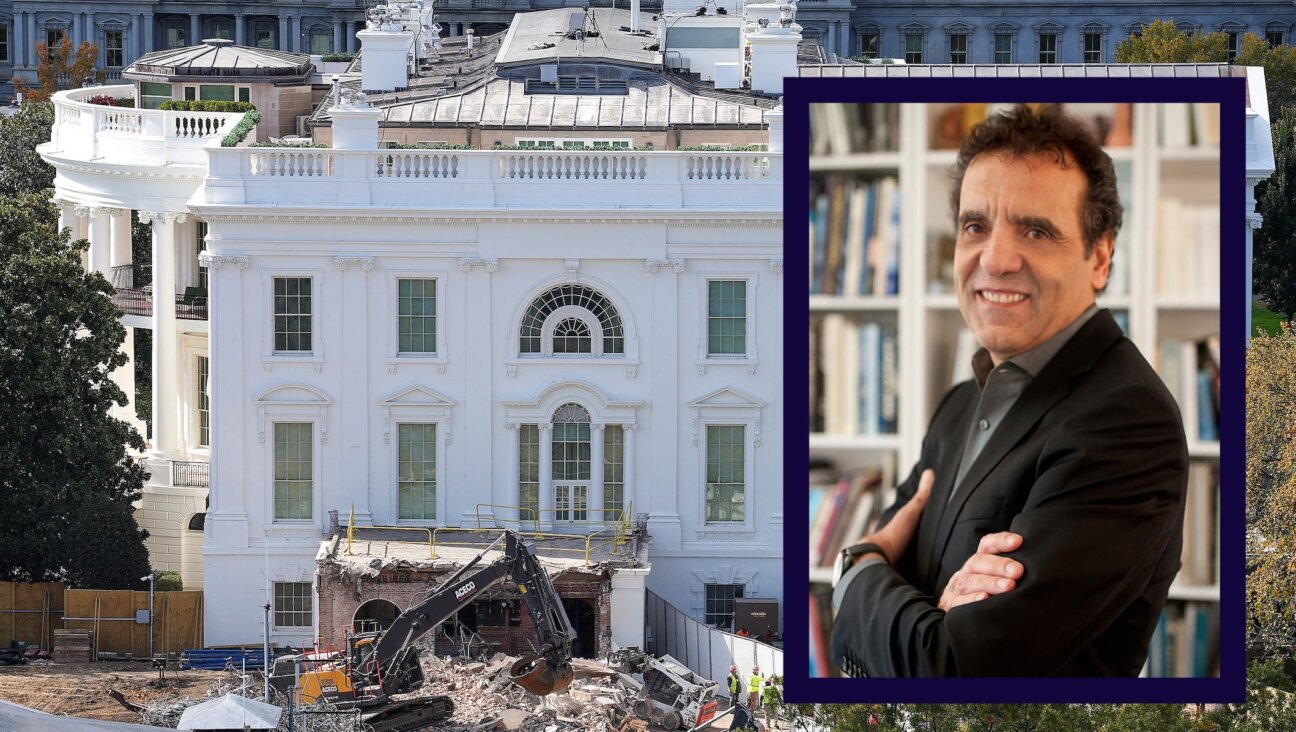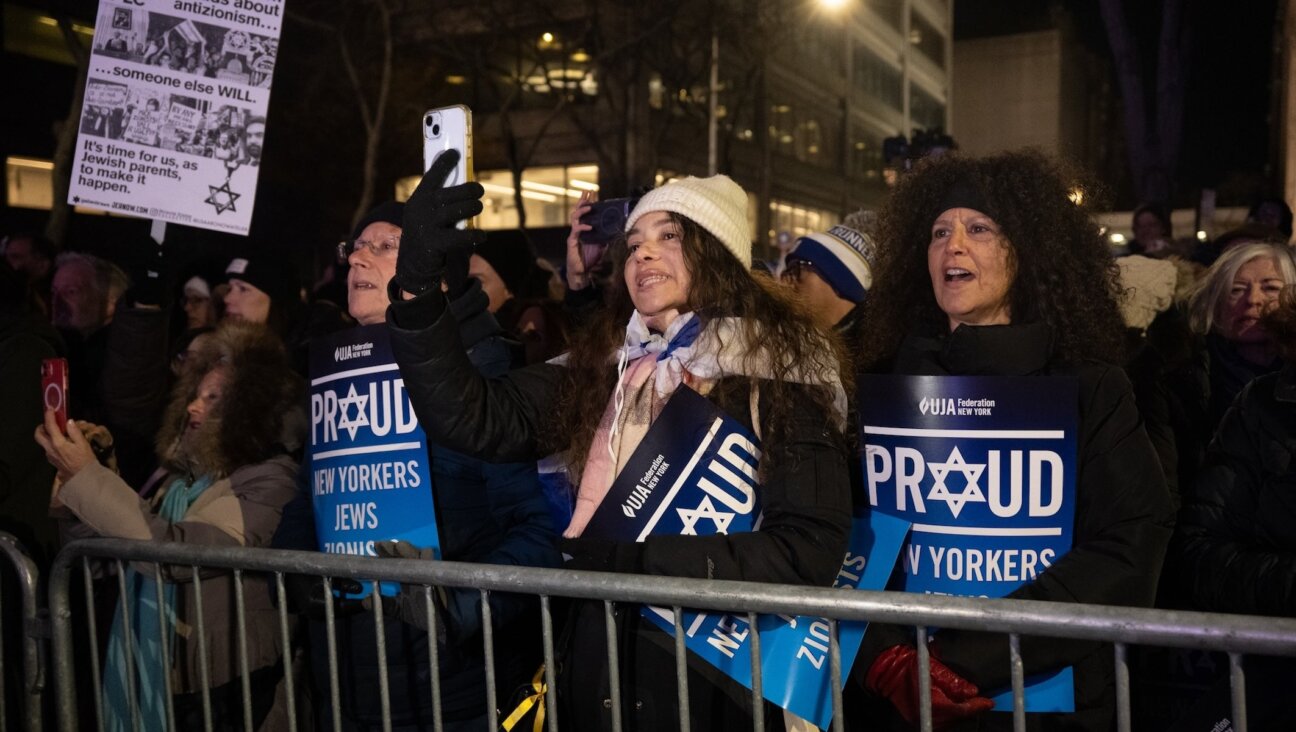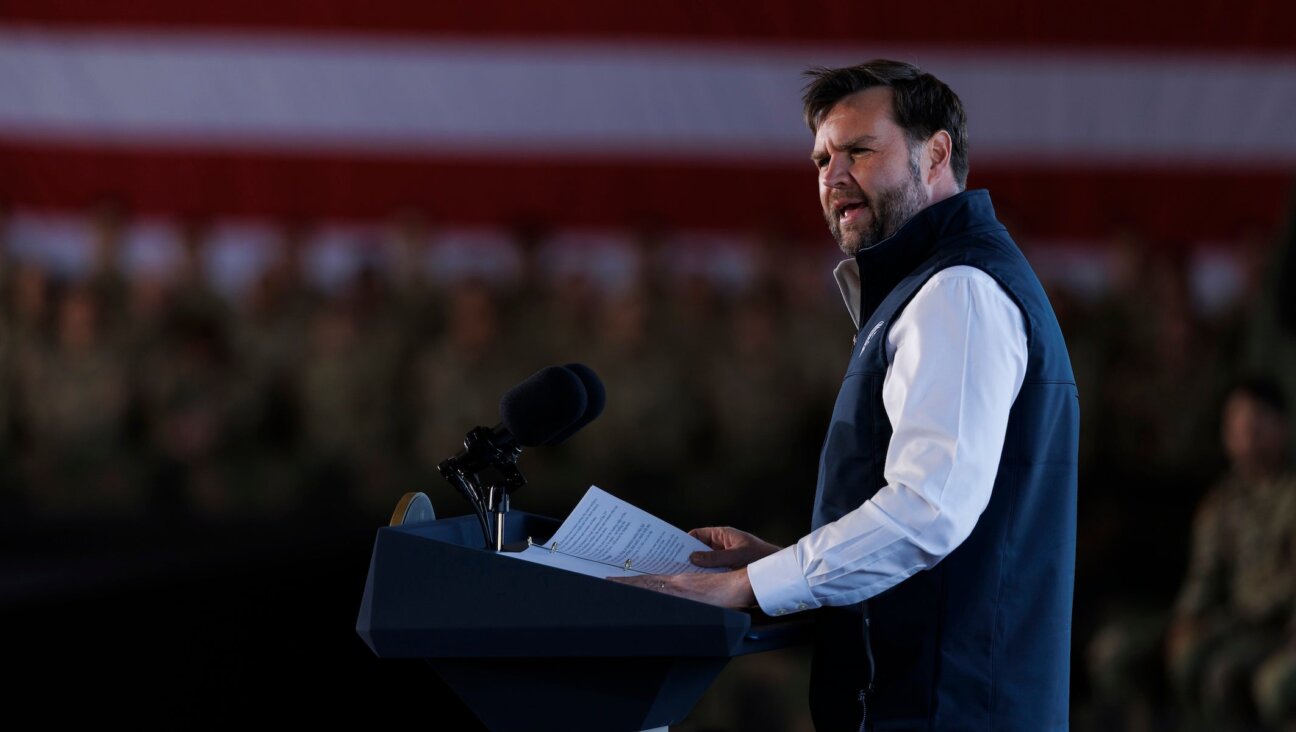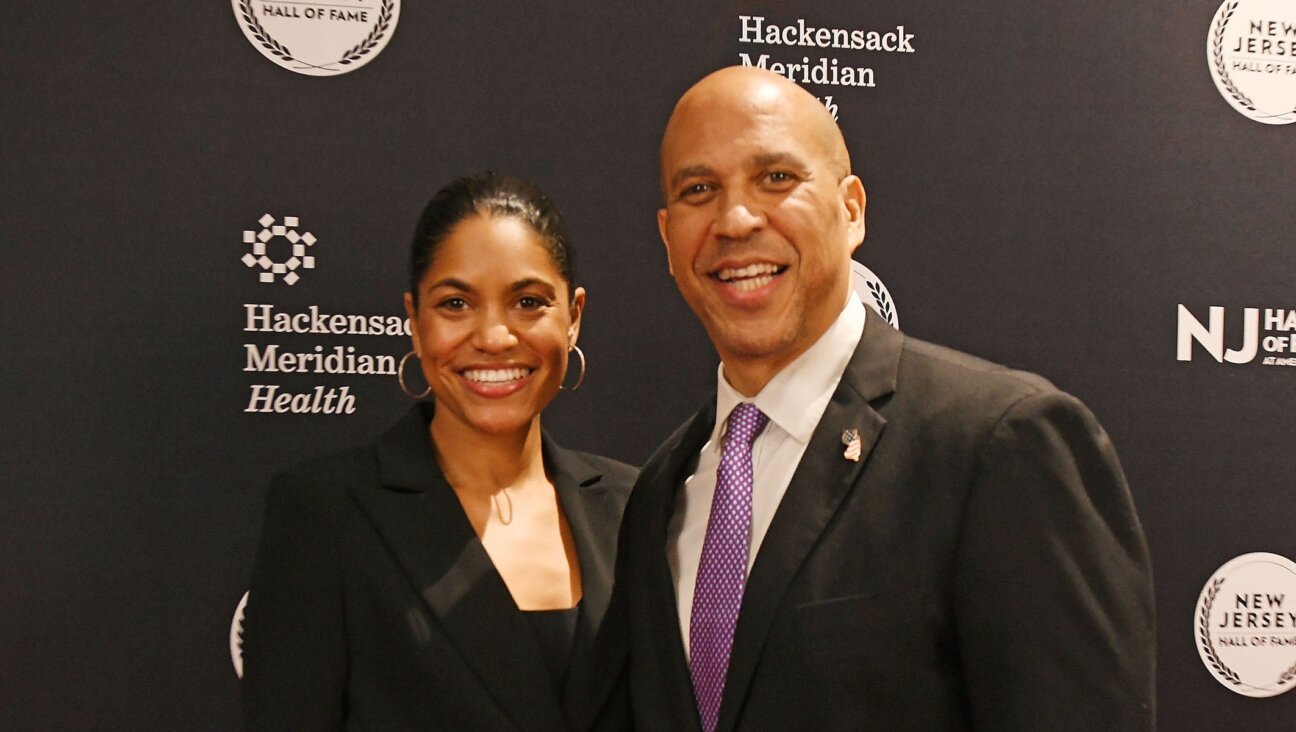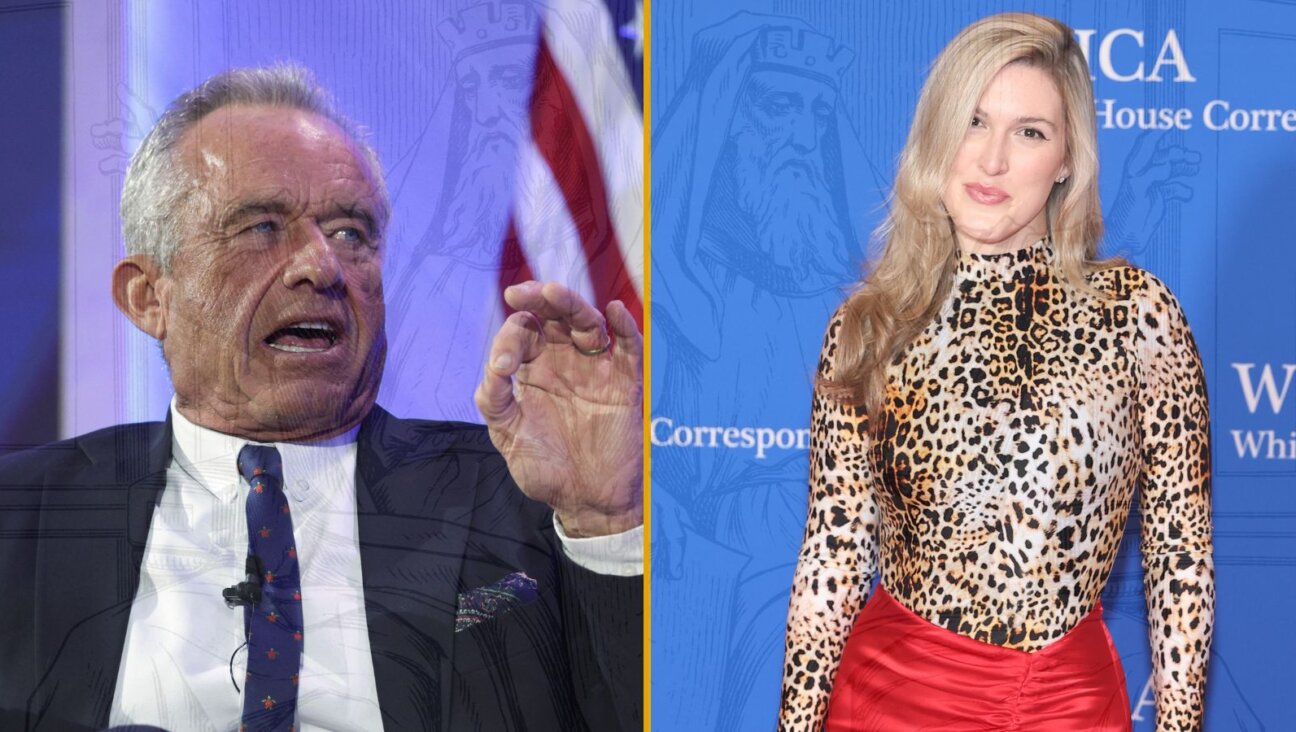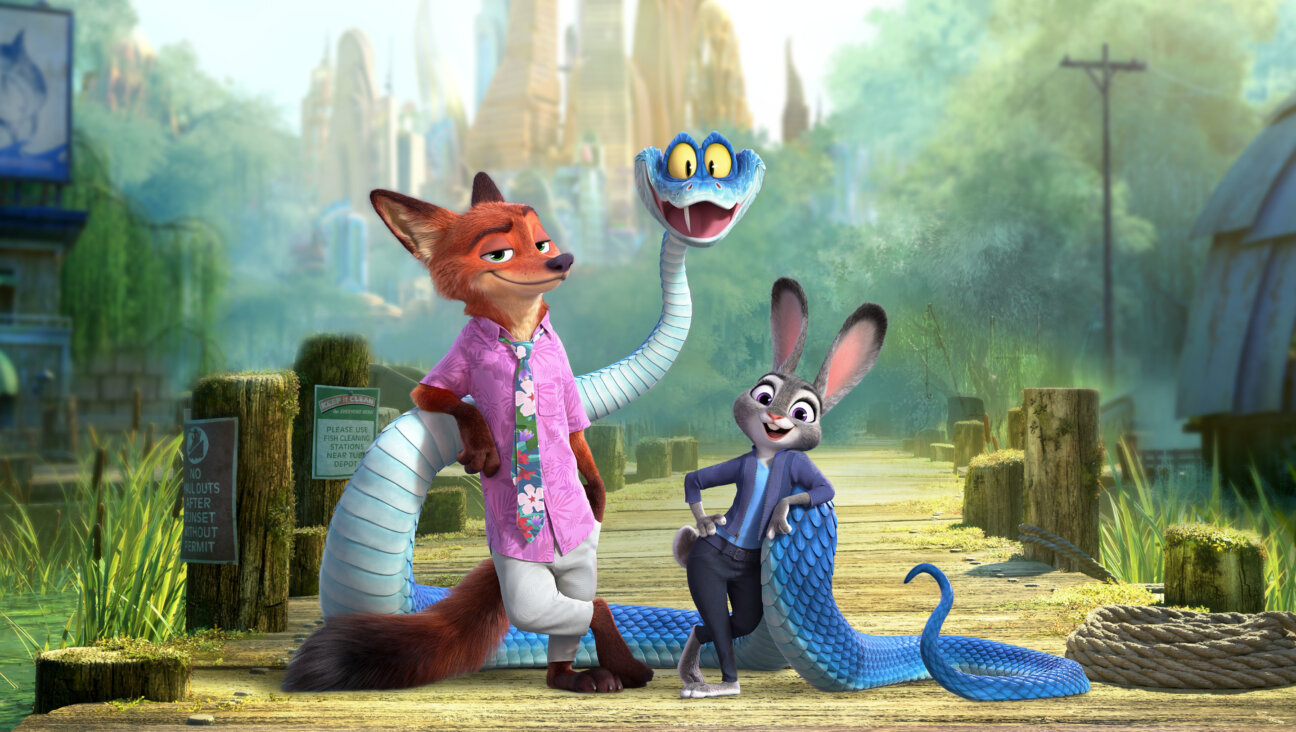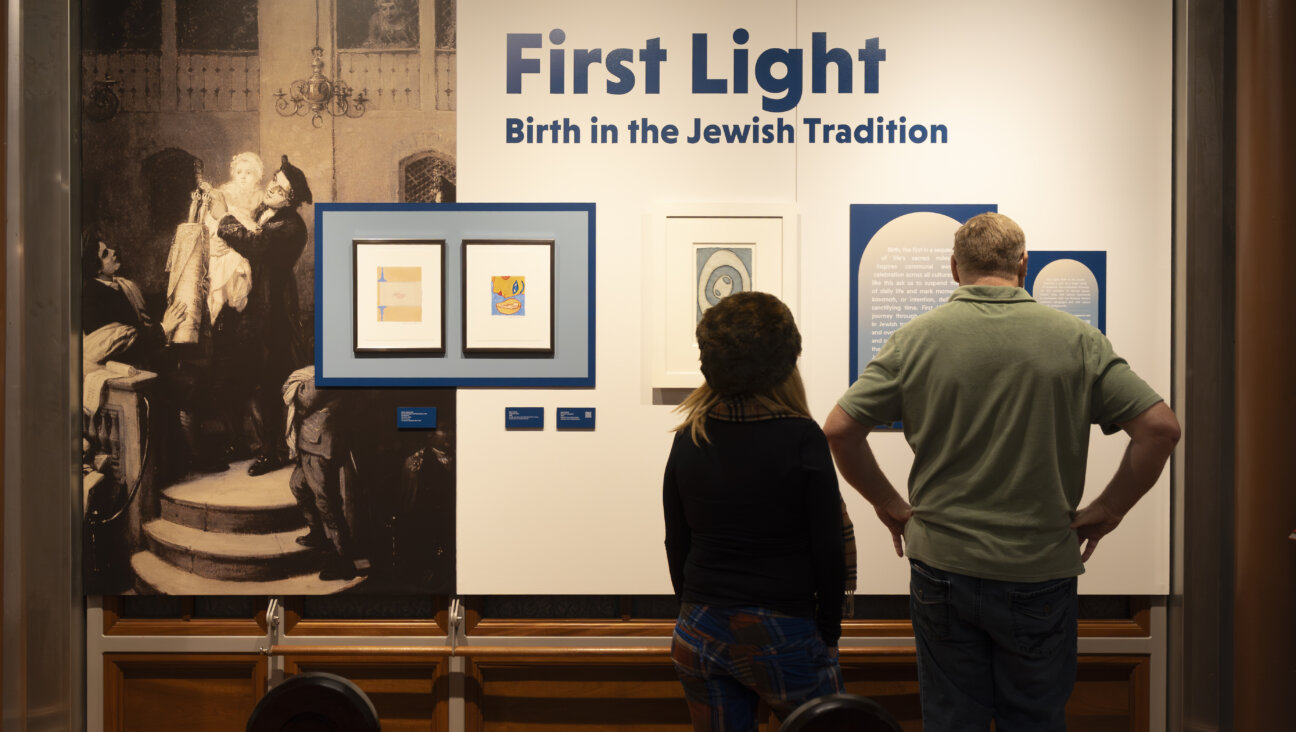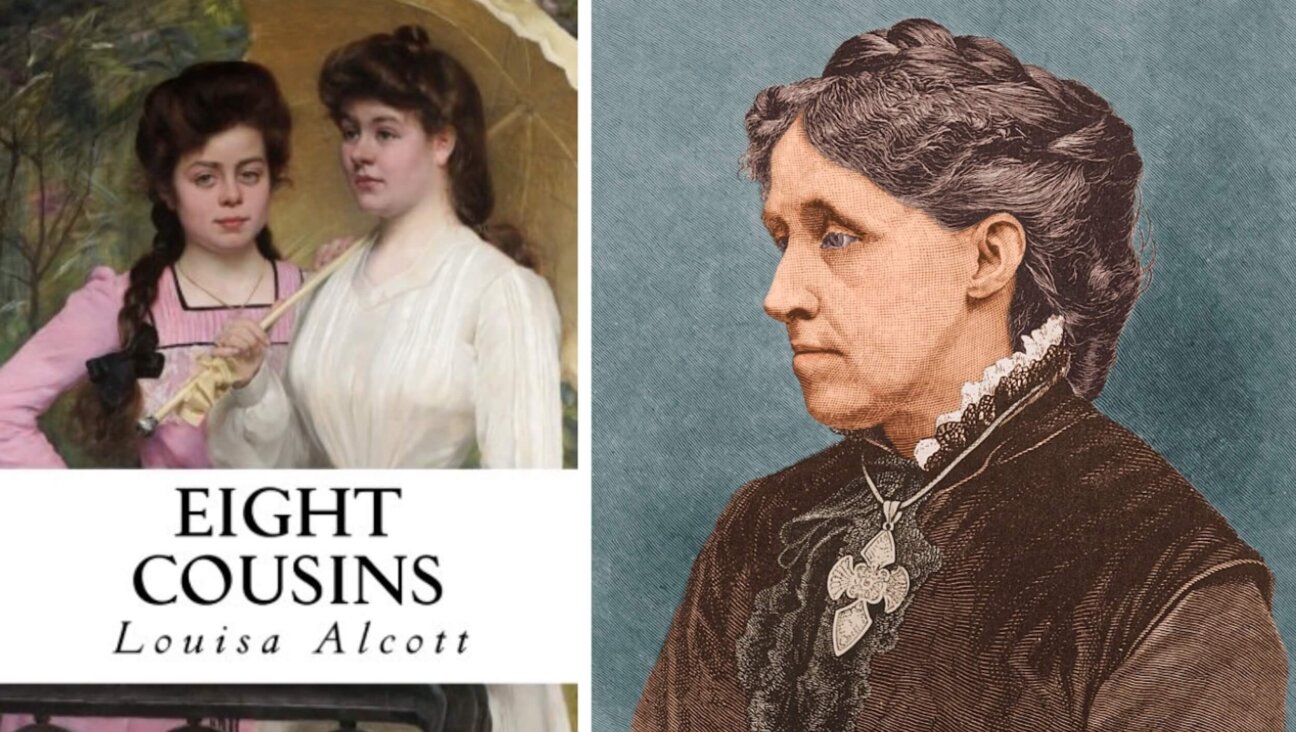Dutch Town Backs Down on Holocaust Memorial
Following protests, the Dutch town of Geffen will not display the names of German Wehrmacht soldiers along with Jewish Holocaust victims on a new monument.
The monument, scheduled to be unveiled Saturday in the eastern Netherlands town, “was meant to promote reconciliation but instead caused controversy,” Mayor Roel Augusteijn said at a televised news conference Thursday to explain the decision.
The mayor said that no names will be listed on the monument. Instead, it will “honor the memory” of unspecified “victims of war,” with a line praising “reconciliation.”
On Wednesday, a Dutch rabbi, Wim van Dijk, demanded that the names of his relatives be removed from the monument.
Before the news conference, van Dijk and leaders of the Dutch Jewish community arrived in Geffen for talks with the mayor, who said he had “underestimated” the issue’s sensitivity.
Onno Hoes, chairman of the Hague-based Center for Information and Documentation on Israel (CIDI) – a local watchdog on anti-Semitism – had said that listing the German soldiers along with Holocaust victims was a “dangerous precedent.” It could help “the falsification of history and the blurring of borders between victims and perpetrators,” he said.
The Central Jewish Board, an umbrella group, also spoke out against the monument.
Following a public outcry, the national commemoration committee of the Netherlands scrapped a poem from its main annual ceremony in May that seemed to suggest that Nazis deserved to be commemorated along with their victims.
The homage to Dutch Nazis who died in World War II was to be paid in a poem written by the 15-year-old relative of a Dutch SS soldier who died on Germany’s Eastern Front. The commemoration committee had planned to have the teen read the poem aloud at the Amsterdam ceremony.
